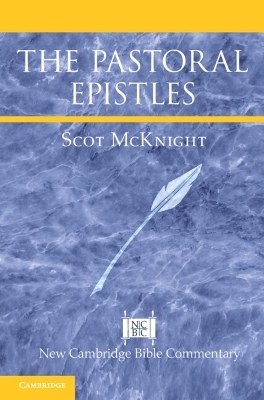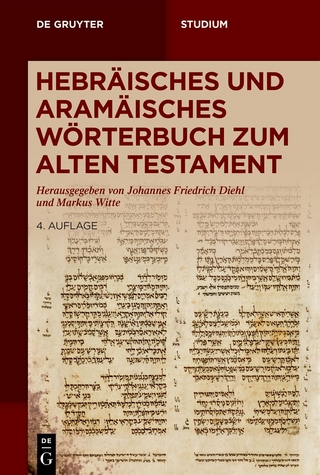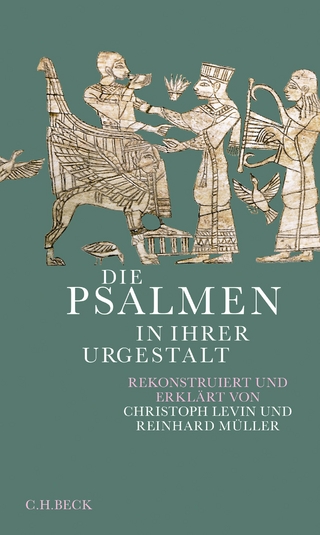
The Pastoral Epistles
Seiten
2023
Cambridge University Press (Verlag)
978-1-316-50359-1 (ISBN)
Cambridge University Press (Verlag)
978-1-316-50359-1 (ISBN)
This commentary provides an up to date explanation of the Pastoral Epistles traditionally attributed to the apostle Paul. Scot McKnight seeks to explain the major themes of the Pastoral Epistles - church order, false teaching, and failing Christians - and their foundational vision for how Christians could make a good impression in public life.
In the church tradition three letters, now known as the Pastoral Epistles, are attributed to the apostle Paul. They are unlike any other letters by Paul. They are written to two of his closest companions, Timothy and Titus, and they instruct those two leaders how to lead gathered Christians in Ephesus and in Crete. The letters contain plenty of instruction for how church leaders at that time, and in those places, were to function. In this commentary, Scot McKnight seeks to explain the major themes of the Pastoral Epistles - church order, false teaching, and failing Christians - and their foundational vision for how Christians could make a good impression in public life. These three brief letters express a view of how Christians were to live in the Roman empire in a way that does not offend public sensibilities. They prescribe a way of public behavior best translated as 'civilized religion.'
In the church tradition three letters, now known as the Pastoral Epistles, are attributed to the apostle Paul. They are unlike any other letters by Paul. They are written to two of his closest companions, Timothy and Titus, and they instruct those two leaders how to lead gathered Christians in Ephesus and in Crete. The letters contain plenty of instruction for how church leaders at that time, and in those places, were to function. In this commentary, Scot McKnight seeks to explain the major themes of the Pastoral Epistles - church order, false teaching, and failing Christians - and their foundational vision for how Christians could make a good impression in public life. These three brief letters express a view of how Christians were to live in the Roman empire in a way that does not offend public sensibilities. They prescribe a way of public behavior best translated as 'civilized religion.'
Scot McKnight is Professor of New Testament at Northern Seminary and author of numerous publications on the New Testament.
1. Introduction; 2. Commentary on 1 Timothy; 3. Commentary on 2 Timothy; 4. Commentary on Titus.
| Erscheinungsdatum | 31.10.2023 |
|---|---|
| Reihe/Serie | New Cambridge Bible Commentary |
| Verlagsort | Cambridge |
| Sprache | englisch |
| Gewicht | 378 g |
| Themenwelt | Religion / Theologie ► Christentum ► Bibelausgaben / Bibelkommentare |
| Religion / Theologie ► Christentum ► Kirchengeschichte | |
| ISBN-10 | 1-316-50359-3 / 1316503593 |
| ISBN-13 | 978-1-316-50359-1 / 9781316503591 |
| Zustand | Neuware |
| Haben Sie eine Frage zum Produkt? |
Mehr entdecken
aus dem Bereich
aus dem Bereich
Buch | Softcover (2021)
De Gruyter (Verlag)
29,95 €
wie wir uns unsere spirituelle Heimat zurückholen
Buch | Hardcover (2024)
Patmos Verlag
20,00 €


